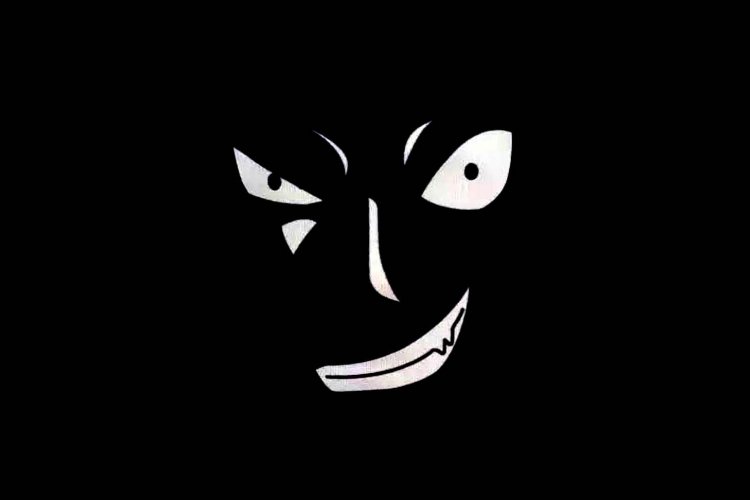These Are the Insults That Celebrities Took Their Trolls to Court Over in 2019
As a wise man once said, "the water supporting a ship can also upset it." Those words were uttered by Chinese Confucian philosopher Xunzi nearly 2,000 years ago but still ring true today, especially in light of the growing number of celebrities who are taking their fans to court.
The Beijing Internet Court recently disclosed its research into "fan culture" and Internet bullying among young netizens between Jan 1 and Nov 30, 2019. The report includes details of 1,075 cases of online defamation, 125 of which were brought to court by celebrities.
The alleged defamation largely occurred in comments sections of Chinese social media sites such as Weibo, Douban, and WeChat where opposing fans (read: trolls) set out to slander celebrities that they didn't much care for.
One interesting aspect of the report is its insights in the insults that are being dished out by trolls, who prefer to use pinyin over 汉字 for the simple fact that it's faster to roast their opponents.
Internet troll vocabulary guide
xfxy - xīngfēngxuèyǔ (腥风血雨)
lit. "bloody rain." This alludes to how ugly online drama can get.
mdzz - mā de zhìzhàng (妈的智障)
lit. "f*ck, what an idiot."
nmsl - nǐ mā sǐle (你妈死了)
lit. "your mother is dead."
nsdd - nǐ shuō dé duì (你是对的)
lit. "you are right."
xmly - xǐmǎlāyǎ (喜马拉雅)
lit. "Himalayan." This term is used to describe the disparity in the level of influence between two celebrities. Usually used when fans try to talk up their idol in comparison to others.
nbcs
A shortening of "nobody cares." One of the few insults taken directly from English.
yjgj - yǒu jù gǎng jù (有句讲句 yǒu jù jiǎng jù)
lit. "have a sentence, say a sentence." This phrase is the equivalent of "to call a spade a spade" in English but delivered with a fake southern Chinese accent because... the Internet.
xswl - xiào sǐ wǒle (笑死我了)
lit. "die from laughing." The Chinese equivalent of LOL.
bhys - bù hǎoyìsi (不好意思)
lit. "sorry."
zqsg - zhēnqíng shígǎn (真情实感)
lit. "true feelings" or "emotions." Used to emphasize a fan's belief in their idol's greatness.
plmm - piàoliang mèimei (漂亮妹妹)
lit. "pretty young girls." A popular way to greet young girls online in the early 2000s, the term has recently enjoyed a bit of a comeback.
Celebrity A + Celebrity B is "rio"/Celebrity A + Celebrity B "szd"
Here, "rio" is a phonetic spelling of the English word "real," while shì zhēn de is lit. "is real." Both terms are used by fans when they believe that the flirty interactions between two celebrities are genuine, and not staged by PR companies to generate buzz. The two celebrity's names meanwhile are usually melded into a portmanteau (i.e. "Brangelina") for added effect.
***
As with most small, feverishly obsessed communities, many of the slang insults were specific to them, making it difficult for outsiders to grasp their meanings straight away. In that sense, not only are the insults a way of reinforcing ties within the community – as the product of repeated in-jokes – and therefore signal membership, they're also used to avoid detection from wily censors. After all, it's hard to argue that an insult is hurtful or libelous when the vast majority of people don't even understand what the phrase means.
Nevertheless, it appears that as long as a defendant can prove that the slang term has strong currency within a fan community, and that it is being used as an insult, there are grounds for defamation.
With that in mind, we recommend that when it comes to commenting online, you stick to being a 吃瓜群众 chī guā qúnzhòng, a "melon-eating person" i.e. a rubbernecker.
READ: New Law Authorizes Use of Digital Files in China's Civil Lawsuits
Image: Lisa Tegtmeier







